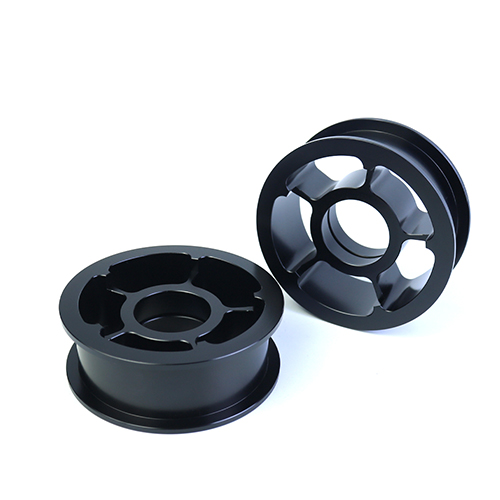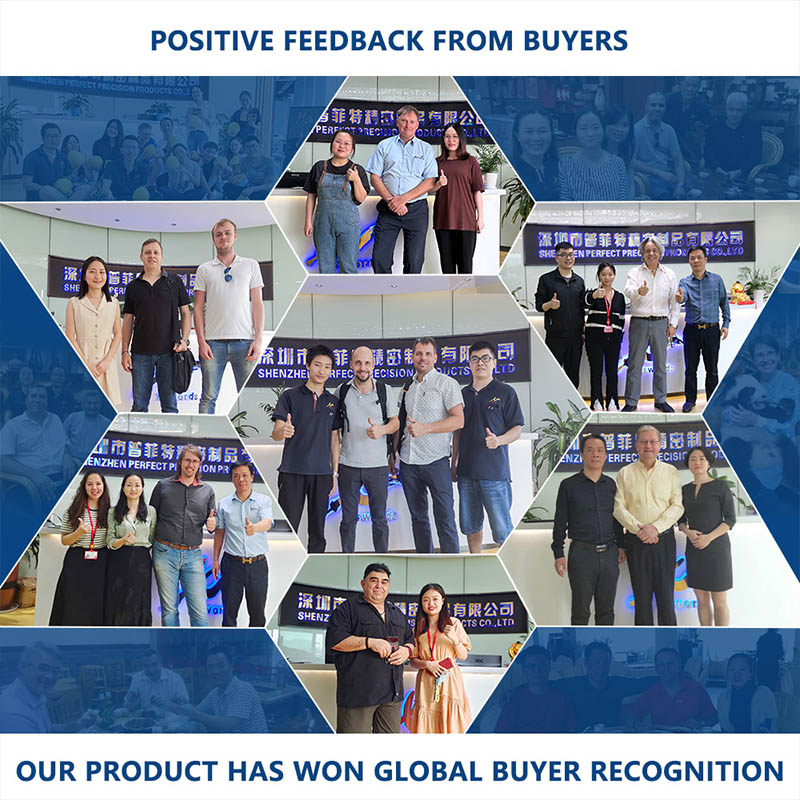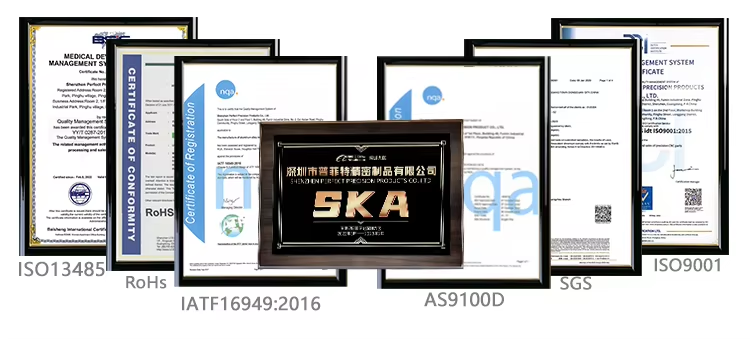CNC Turning Service Precision Round Parts
Product Overview
Ever wonder how those perfect metal pins, shafts, and connectors in everything from your car to your coffee maker are made? Chances are, they were created using CNC turning – one of the most common and crucial manufacturing processes out there.

Imagine a high-tech, super-precise pottery wheel for metal. That's the basic idea.
A bar of material (like aluminum, steel, or plastic) spins at high speed. A stationary cutting tool then moves in and precisely shaves away material to create a cylindrical or round shape. It's controlled by a computer (that's the CNC – Computer Numerical Control part), which means every part is exactly the same.
Turning is the undisputed champion for making round things. Here’s why it wins for certain parts:
● It's Fast & Efficient: For symmetrical, round parts, turning is almost always faster and more cost-effective than milling.
● Superior Surface Finish: It produces an incredibly smooth finish on the outside diameter, often right off the machine.
● Tight Tolerances: Need a shaft to fit into a bearing with zero play? Turning can hold crazy-precise tolerances, often within ±0.025 mm or even tighter.
● Mass Production Friendly: You can run the machine 24/7, pumping out thousands of identical parts with minimal operator involvement.
You’d be surprised how many things around you are made this way. Common examples include:
● Shafts, axles, and pins (for machinery, vehicles, etc.)
● Bolts, screws, and fasteners
● Nozzles and fittings (hydraulic or pneumatic systems)
● Rollers and bushings
● Connectors and spacers (for electronics)
The best choice depends on what your part needs to do:
● Aluminum (6061, 7075): The go-to for most projects. Lightweight, easy to machine, and a great balance of strength and cost.
● Stainless Steel (303, 304, 316): When you need strength and corrosion resistance. Common for medical, marine, and food-grade parts.
● Brass & Copper: Excellent for electrical components and decorative pieces due to their conductivity and appearance.
● Plastics (PEEK, Delrin, Nylon): Perfect for insulators, low-friction components, and prototypes.
We are proud to hold several production certificates for our CNC machining services,which demonstrates our commitment to quality and customer satisfaction.
1、ISO13485:MEDICAL DEVICES QUALITYMANAGEMENT SYSTEM CERTIFICATE
2、ISO9001:QUALITY MANAGEMENT SYSTEMCERTIFICATE
3、IATF16949、AS9100、SGS、CE、CQC、RoHS
● Great CNCmachining impressive laser engraving best Ive everseensofar Good quaity overall,and allthe pieces were packed carefully.
● Excelente me slento contento me sorprendio la calidad deias plezas un gran trabajo This company does a really nice job on quality.
● If there is an issue they are quick to fix itVery good communication and fast responise times
This company always does what I ask.
● They even find any errors that we may have made.
● We have been dealing with this company for a number of years and have always recelved exemplary service.
● I am very pleased with the outstanding quality or mynew parts.The pnce is very competiive and the custo mer service is among the best Ive ever experienced.
● Fast tumaround rabulous quality,and some of the best customer service anywhere on Earth.
Q:How fast can I receive a CNC prototype?
A:Lead times vary depending on part complexity, material availability, and finishing requirements, but generally:
● Simple prototypes: 1–3 business days
● Complex or multi-part projects: 5–10 business days
Expedited service is often available.
Q:What design files do I need to provide?
A:To get started, you should submit:
● 3D CAD files (preferably in STEP, IGES, or STL format)
● 2D drawings (PDF or DWG) if specific tolerances, threads, or surface finishes are required
Q:Can you handle tight tolerances?
A:Yes. CNC machining is ideal for achieving tight tolerances, typically within:
● ±0.005" (±0.127 mm) standard
● Tighter tolerances available upon request (e.g., ±0.001" or better)
Q:Is CNC prototyping suitable for functional testing?
A:Yes. CNC prototypes are made from real engineering-grade materials, making them ideal for functional testing, fit checks, and mechanical evaluations.
Q:Do you offer low-volume production in addition to prototypes?
A:Yes. Many CNC services provide bridge production or low-volume manufacturing, ideal for quantities from 1 to several hundred units.
Q:Is my design confidential?
A:Yes. Reputable CNC prototype services always sign Non-Disclosure Agreements (NDAs) and treat your files and intellectual property with full confidentiality.













